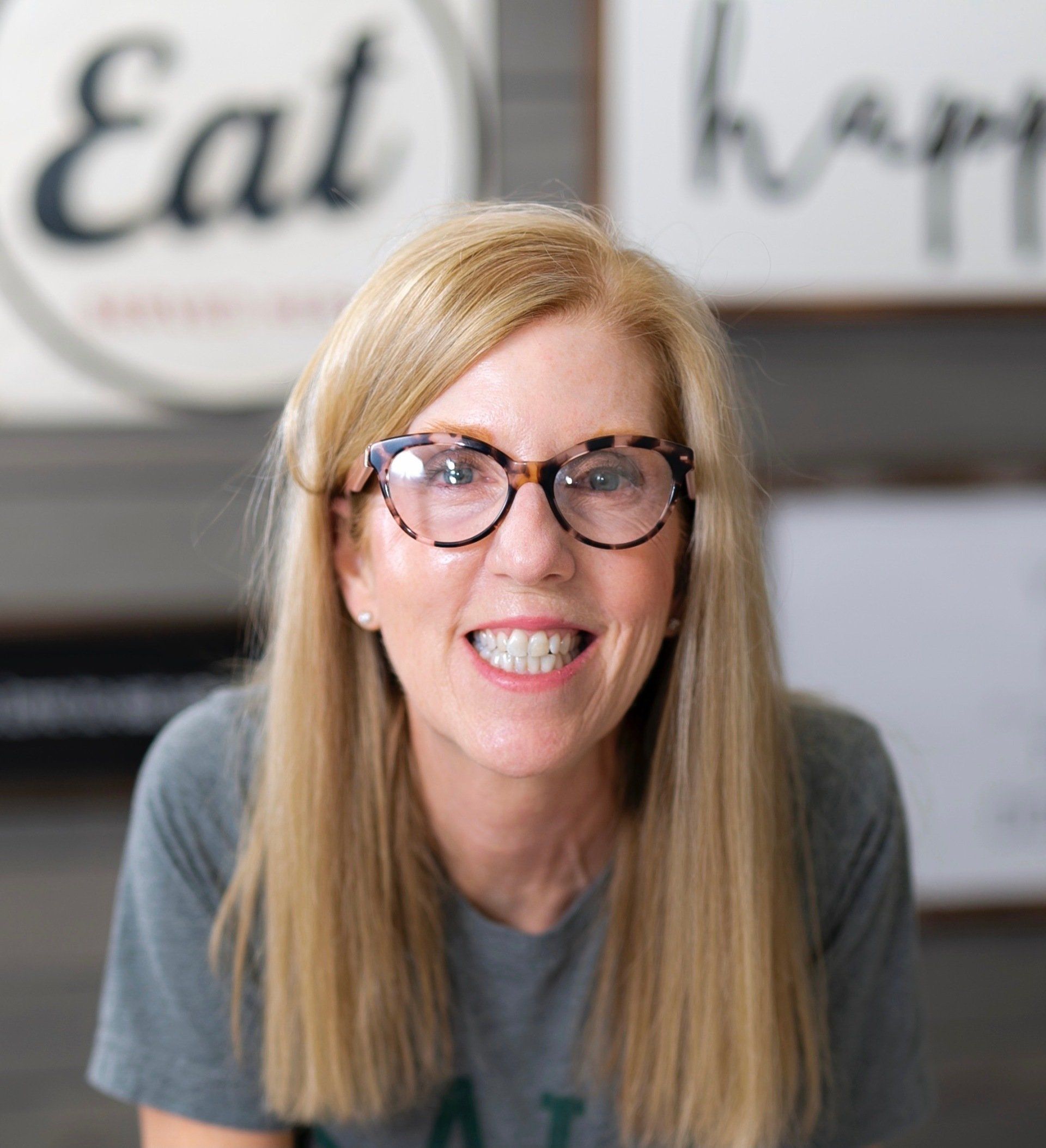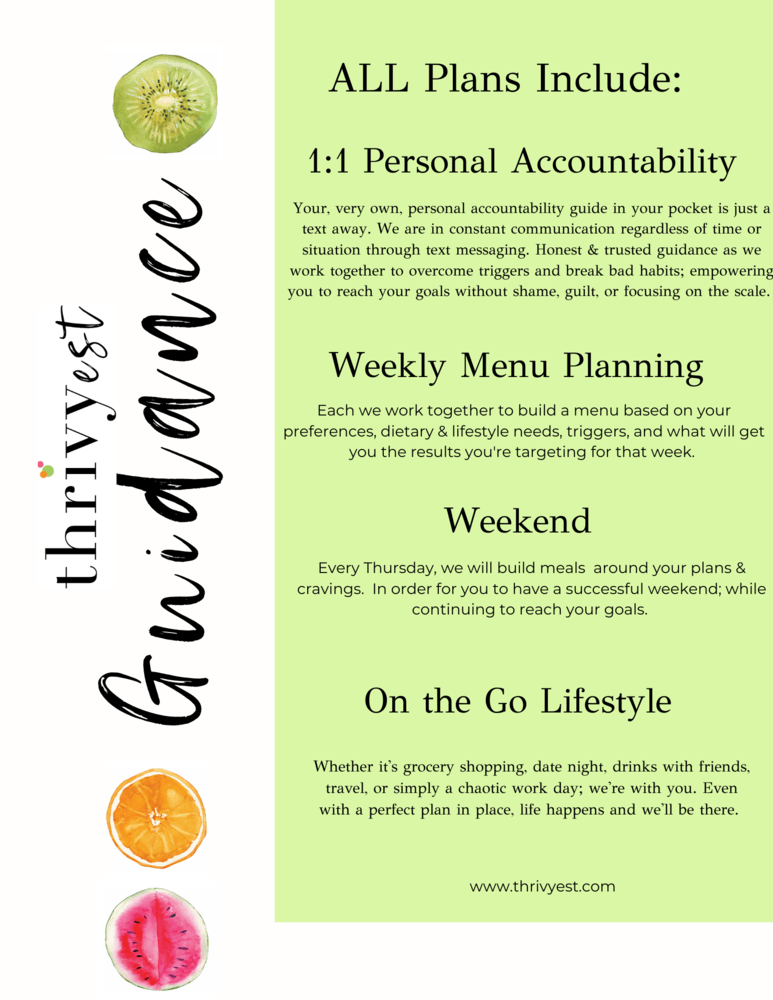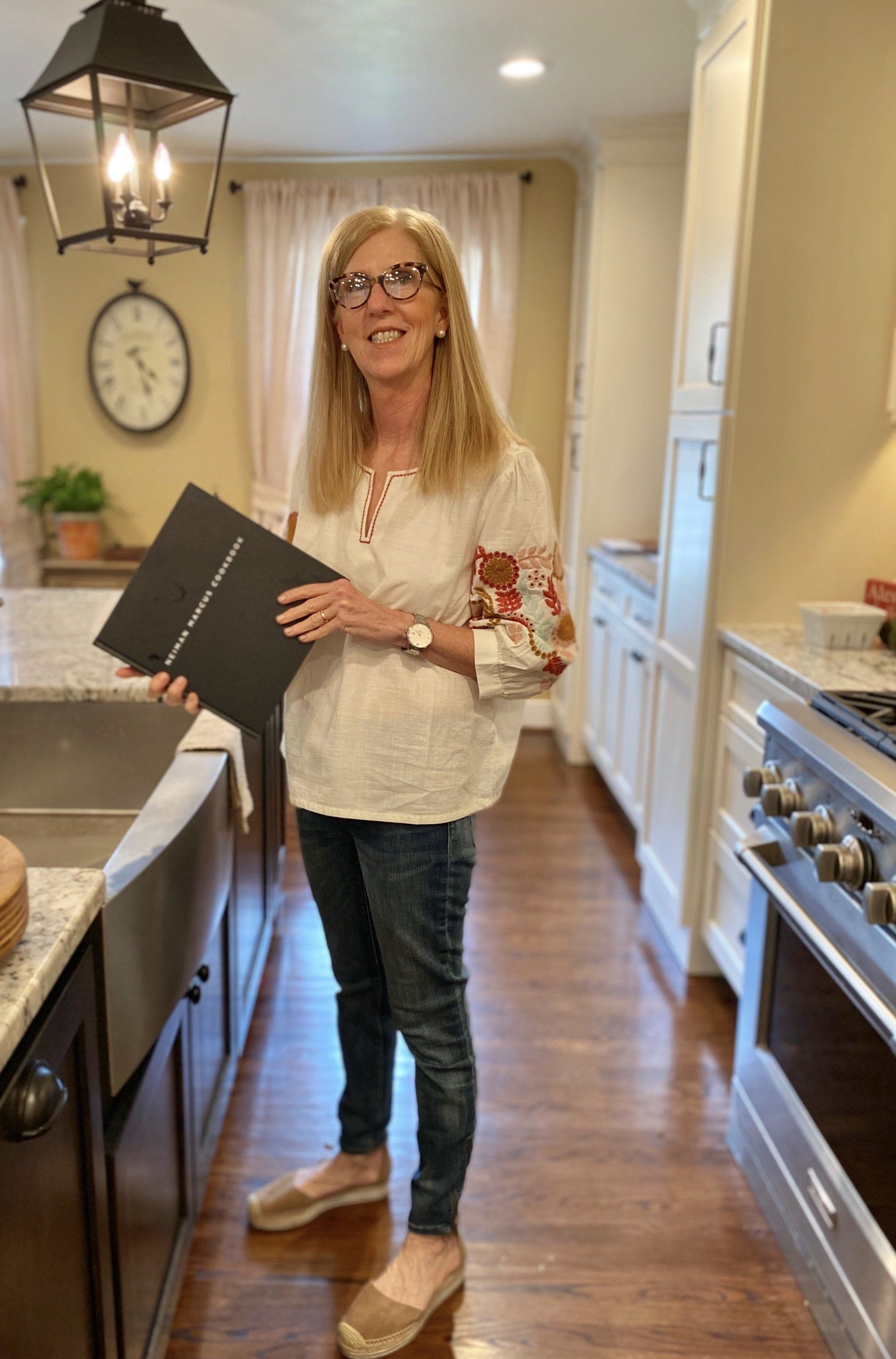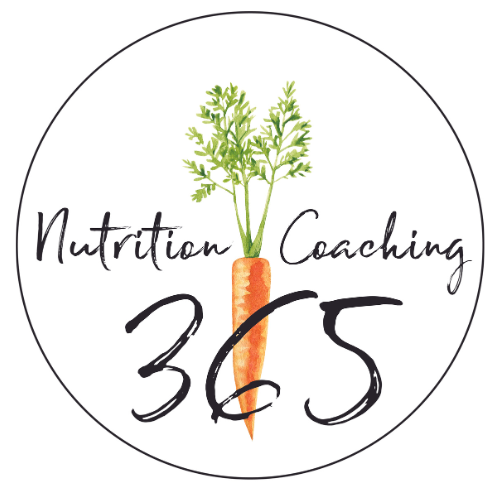Breaking Free from Secret Eating: How to Overcome the Hidden Struggles
Why Women Secretly Eat &
How to Break Free

Have you ever found yourself hiding candy wrappers deep in the trash, or sneaking a quick trip through the drive-thru, only to eat a full meal at home later? You’re not alone. A survey of 2,000 women found that 6 in 10 secretly ate, with a quarter even hiding the evidence. This behavior is more common than you might think, yet it’s rarely discussed openly.
For women over 40, secret eating often comes with a side of guilt and shame. Let’s talk about why this happens and, more importantly, how to overcome it.
What Drives Secret Eating?
The #1 underlying factor for secret eating among women over 40 is emotional eating driven by stress, loneliness, or feelings of inadequacy. These emotions often stem from life transitions like becoming an empty nester, dealing with career changes, or navigating shifts in relationships. Each of these transitions can feel isolating and overwhelming, creating a perfect storm for turning to food in secret.
I remember nights when I’d sneak snacks in bed, hiding the wrappers in the bottom of the trash can under layers of other garbage so no one would notice. One of my clients confessed she’d pick up a double cheeseburger and fries from the drive-thru, toss the bag in a public trash can before heading home, and then eat dinner with her family as if nothing had happened. Another client kept her “treat stash” of candy bars in the glove compartment of her car, sneaking bites during errands when she knew no one would see.
These behaviors aren’t just about the food—they’re about the feelings that drive them: stress, loneliness, or the pressure to maintain an “ideal” image. The secrecy only deepens the cycle of guilt and shame, reinforcing the very emotions that triggered the behavior in the first place.
The Cycle of Secret Eating
Here’s how it often plays out:
- Triggering Emotion: Stress from work, feeling disconnected from loved ones, or dissatisfaction with body image.
- Secret Eating Episode: A quick stop for fries, hiding candy in the car, or sneaking snacks after everyone else has gone to bed.
- Shame & Guilt: “Why did I do that? I have no control.”
- Restrictive Behavior: Skipping meals or vowing to “be good” tomorrow, which sets up the next episode.
This cycle keeps you stuck, and it’s exhausting. But breaking free is pos
5 Steps to Overcome Secret Eating
- Identify Your Triggers
Start by noticing when and why you’re turning to food in secret. Is it after a stressful day at work? When you’re feeling lonely in the evenings? Journaling can help you pinpoint the patterns. Write down what you’re feeling before, during, and after a secret eating episode—you’ll start to see trends emerge.
2. Break the Shame Cycle
Recognize that secret eating is a coping mechanism, not a moral failing. Reframe your thoughts to focus on curiosity rather than judgment. Ask yourself: “What was I really hungry for in that moment?” Sometimes, it’s not food but connection or relaxation that you’re seeking.
3. Build a Toolbox for Coping
Instead of reaching for food, have a go-to list of alternatives.
Here are a few ideas:
- Take a 10-minute walk to clear your head.
- Call or text a friend to share how you’re feeling.
- Practice deep breathing or listen to a quick meditation.
- Keep a list of small joys—a favorite song, a book, or a relaxing bath—to turn to when the urge strikes.
4. Allow All Foods Without Guilt
When certain foods are labeled as “off-limits” or “bad,” they become even more tempting. Practice allowing yourself to enjoy any food without guilt. You might find that when you give yourself permission, the need to hide goes away. Focus on savoring your food openly and without judgment.
5. Seek Support
You don’t have to navigate this alone. Whether it’s working with a coach (like me!) or joining a supportive community, having someone to guide and encourage you can make all the difference. Accountability and understanding from someone who’s been there can be life-changing.
Additional Research: Why This Matters
Studies show that secret eating can negatively impact mental health, increasing feelings of isolation and lowering self-esteem. It can also disrupt the body’s natural hunger and fullness cues, leading to overeating or binge episodes. Addressing these behaviors is key to building a healthier, more balanced relationship with food.
You Are Not Alone
If any of this sounds familiar, I want you to know: you’re seen, you’re understood, and you’re not broken. Secret eating is a coping mechanism, not a reflection of your worth. The good news? You have the power to change your relationship with food and break free from this cycle.
Start small. Be curious, not judgmental, about your habits. And remember, you deserve to eat—openly, freely, and with joy.
Supporting Your Success,
Emily
YOU ARE CAPABLE OF LIVING YOUR HEALTHIEST & HAPPIEST LIFE.
If you’re looking to create healthy habits to gain more energy, improve your sleep + shed a few pounds, you’ve landed in the right place.
Recent Posts
Meet Emily
I love encouraging + inspiring others to reach their healthiest lives through food, fitness + gratitude. As a holistic nutritionist + the founder of Thrivyest, I am passionate about creating habits to help you to live longer + thrive. To thrive in body, mind + soul through personalized, simple + practical steps ensuring you gain more energy, clarity + confidence! Let's connect!










